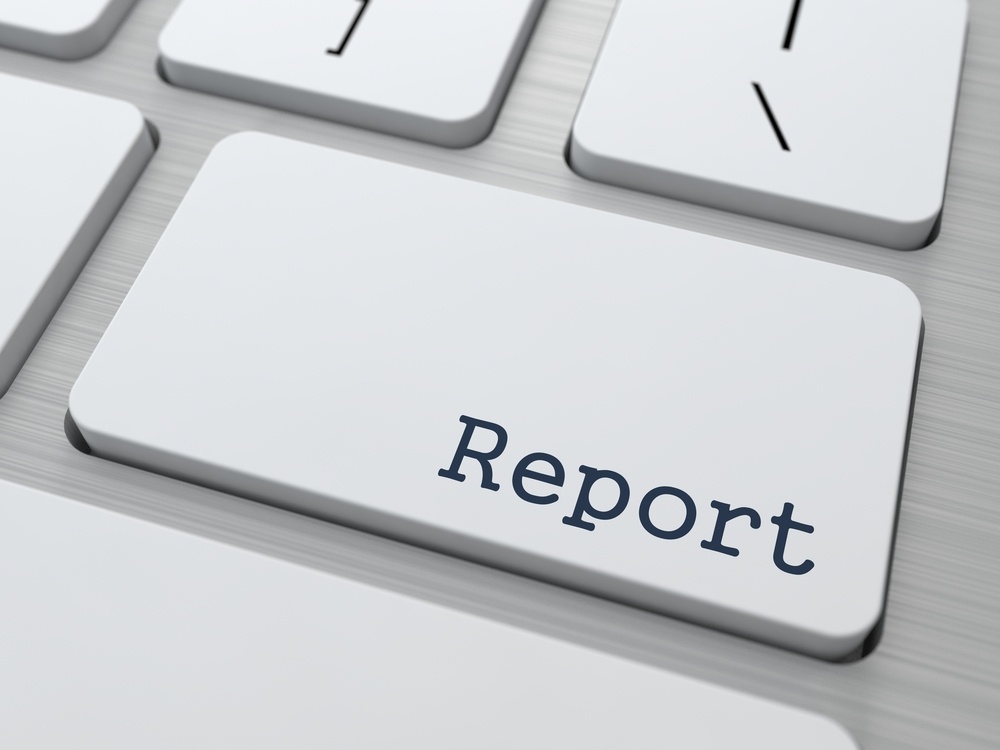PAYDEX® Business Credit Score Guide
One of your most important goals as a business owner is to achieve a good business credit score. A good business credit score demonstrates your...

Having a good business credit score is essential for several reasons. First, it can make it easier to secure capital with favorable terms. Next, maintaining a positive business credit score can enhance credibility with your vendors and suppliers. It shows that your company is trustworthy and capable of meeting its financial obligations promptly. So, how can you improve your business credit score? This Huddle Business Capital blog article answers that question.
Evaluating your business's current credit report can help you take proactive steps toward building a more robust financial foundation. You can access your report from the "big-3" credit bureaus: Dun & Bradstreet®, Experian™, or Equifax®. Visit their website to see how much their paid reports and subscription plans cost.
By assessing your company's current credit report, you can identify areas for improvement, such as paying down debts, making timely payments, and avoiding unnecessary credit inquiries. You can also locate any errors or discrepancies that may be negatively impacting your credit score and report them to the credit bureaus.
Paying your bills on time (and in full, if possible) is crucial for maintaining a good business credit score. Timely payments showcase your reliability and financial responsibility to credit bureaus and lenders. Ensuring that all bills, loans, and invoices are paid promptly can positively impact your business's creditworthiness and reputation in the financial marketplace.
Conversely, late payments can lead to costly fees and a negative impact on your business credit score, which you want to avoid.
It is common for small businesses to take on debt to fund growth opportunities, purchase inventory, finance equipment, launch marketing campaigns, or cover daily operational costs. While debt can provide necessary capital, it also comes with financial obligations that must be managed effectively. If your company has excessive debt, it can lead to increased interest expenses and put a strain on your finances. Moreover, excess debt can lower your credit score and limit your access to additional loans and financing in the future.
Consider debt reduction strategies to mitigate the negative impacts of debt on your business's operations. This may involve renegotiating loan terms, consolidating high-interest debts, or increasing revenue streams to pay off debts faster.
Trade lines are lines of credit extended by vendors and suppliers to their customers. In short, a trade line enables you to purchase products, goods, or inventory on credit and make payments based on the vendor or supplier's repayment schedule. For example, if you open a net-45 trade account with a vendor, you must pay your invoices within 45 days of receipt.
If your small business regularly purchases inventory and goods from third-party vendors and suppliers, ask them if they offer trade lines and, if so, how to apply. A trade line can help you build your business's credit profile when you make timely payments on your vendor account(s). Additionally, establishing vendor trade lines can increase your purchasing power and, in some cases, provide access to better terms and discounts from vendors and suppliers.
Your business credit score is a key factor in borrowing money. Banks and lenders use it to assess your creditworthiness and determine the risk associated with lending you money. A higher credit score increases your chances of loan approval and often leads to lower interest rates. On the other hand, a low credit score can significantly impact your ability to borrow money. Lenders may be hesitant to approve your loan or financing application; if they do, you may have a higher interest rate.
Nonbank lenders offer a variety of business funding solutions to small businesses that don't meet the strict lending criteria of conventional lenders. These include working capital loans, term loans, equipment leasing, equipment financing, invoice factoring, and business lines of credit. These loans and financing options can be structured with shorter repayment periods. So, making on-time payments can boost your business credit score in a quicker manner.
This Huddle Business Capital blog article is purely educational and contains general information and opinions; it is not intended to provide advice or recommendations of any kind. Huddle Business Capital is not affiliated with nor endorses Dun & Bradstreet®, Experian™, or Equifax®.

One of your most important goals as a business owner is to achieve a good business credit score. A good business credit score demonstrates your...

A business credit report, maintained by the major credit bureaus, provides a birds-eye overview of a small business's credit history, payment trends,...

Establishing and maintaining strong business credit is crucial for any small business seeking to secure financing, negotiate favorable terms with...